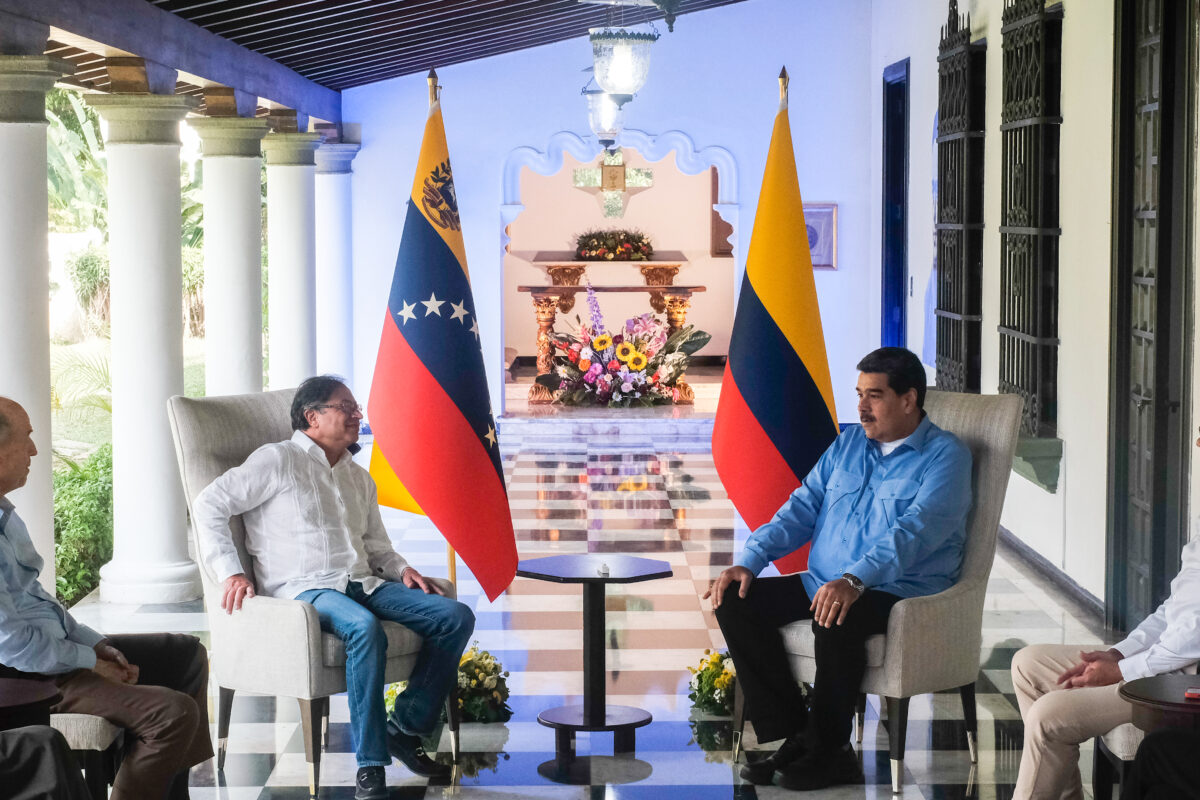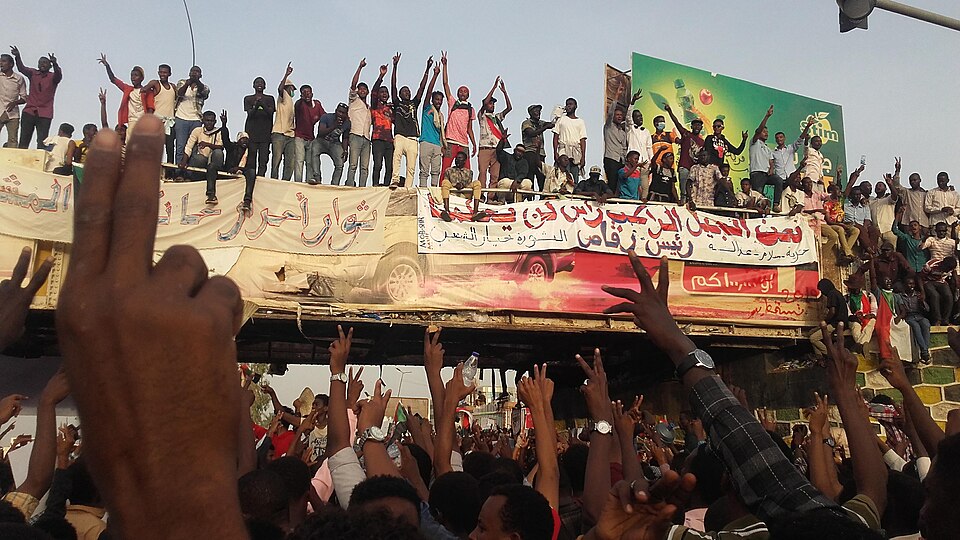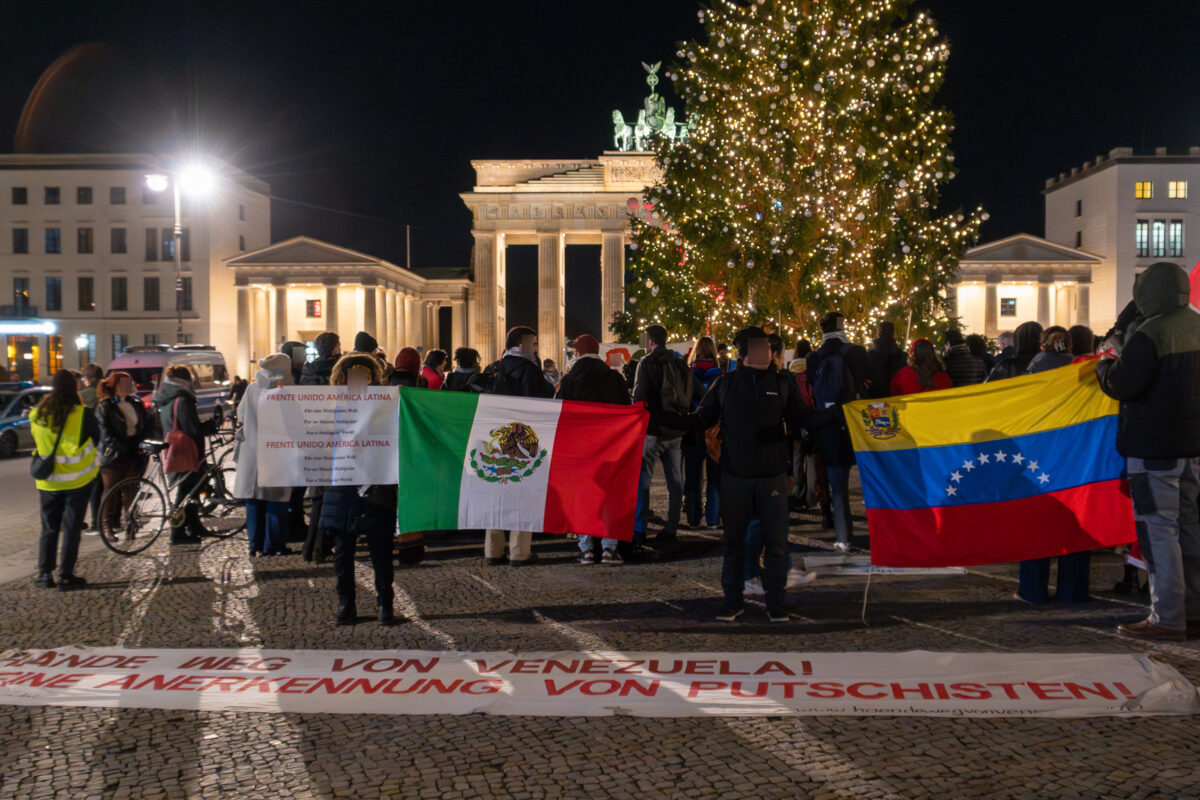The new phase of imperial aggression is the result of Washington’s interpretation of the ‘multipolar world’. It is not that every country in the world is free to do business with whomever it wants—as seems to emanate from the BRICS philosophy—but quite the opposite. So-called ‘multipolarity’ in the imperial interpretation is the exercise of the most cruel and violent imperialism, without hindrance or restraint, in the empire’s ‘sphere of influence’. Washington’s interpretation once again focuses on Latin America. We are facing a situation in which unfounded accusations against inconvenient leaders will justify any barbarity and violence.
Trump’s accusations against the president of Venezuela, Nicolás Maduro, and the president of Colombia, Gustavo Petro, of being leaders of ‘narco-terrorist’ groups that threaten the security of the United States appear to be part of a new imperial strategy to combat those who refuse to align themselves with Washington’s imperatives. These recent threats were followed by a series of extrajudicial killings of Colombian fishermen who were accused without any evidence of being drug traffickers. This appears to be merely an extension of the empire’s right to impose its laws on other nations. Meanwhile, the corporate media will propagate these lies without question, and Western governments—until recently supposedly still concerned with human rights and international law—remain silent and obey.
In the imperial interpretation of the multipolar world, the countries of the Global South must submit to the US empire’s sphere of influence. This interpretation is not only wrong but disastrous for everyone except those in the United States, with even worse outcomes for countries that cling to their right to exercise sovereignty by resisting such attacks. It is to be expected that the ridiculous accusations of ‘narco-terrorism’ now levelled at the leaders of Venezuela and Colombia will also be hurled at leaders who attempt to exercise sovereignty.
Latin America finds itself between two antagonistic blocs—China and the United States—both of which are important trading partners for the region. As the United States intensifies its attacks on the sovereignty of Latin American countries, they will increasingly find themselves in the middle of a geopolitical dispute over natural resources. It must be understood that Trump’s openly aggressive stance is part of a geopolitical calculation that makes sense in light of his interest in Venezuelan oil, Argentine and Bolivian lithium, and rare earths in Greenland and Ukraine.
It appears that the United States and its great ally, Israel, have opened Pandora’s box by committing and justifying a genocide that could be replicated in other parts of the world. The era of soft power through colour revolutions is over. What counts today is force and submission to power without ifs or buts. The efforts to bring regime change in Venezuela and Cuba are nothing new. But today the imperial power is no longer interested in holding an image of respecting human rights and other countries’ sovereignty. The message is clear: submit to our designs or we will ruin your economy and create the conditions for regime change. Moreover, the anti-communist power of the United States has no shortage of allies among Latin American oligarchies, as seen in the recent case of the Nobel Peace Prize laureate María Corina Machado, who has openly called for US military intervention in her own country, Venezuela. Of course, the United States knows all about peace and pacification, as it has demonstrated in Iraq, Afghanistan, Syria, Libya, and Yemen—places destroyed after so many promises to bring them the long-awaited ‘democracy’.
Many analysts see this desperate attempt to impose its interests on its sphere of influence as another sign of imperial decline. Latin America is not alone in this game; Europe shows increasing willingness to sacrifice itself for its ally. We are reminded of Henry Kissinger’s phrase, ‘It may be dangerous to be America’s enemy, but to be America’s friend is fatal.’ We know that in Latin America, there will always be leaders willing to ‘kiss the dirty boot that insults them’, as Chilean songwriter and poet Patricio Manns sang, a recent example of this being the humiliating obeisance that the president of Argentina, Javier Milei, paid to Washington to obtain a financial lifeline that will once again leave all Argentines in debt.
Meanwhile, we are witnessing the slow collapse of the Latin American countries that have opted for new neoliberal recipes. In Peru, Ecuador, and Argentina—countries among the empire’s staunchest allies—the social, political, and economic crises are worsening. Given the geopolitical and regional context ahead of Chile’s upcoming presidential elections, we can only fear the worst if the far-right candidate José Antonio Kast from the Republican Party becomes president. In the case that the left manages to prevail with Jeannette Jara from the Communist Party of Chile, we cannot rule out the possibility that Washington will do everything in its power to destabilise her government, just as it did 50 years ago with Salvador Allende. As the saying goes, ‘History does not repeat itself, but it does rhyme.’
If in the past the empire still operated with covert CIA operations to bring about regime change, today there seems to be no need to hide anything. The end justifies the means, even if it means breaking a country and its people. Thus, we are witnessing a Monroe Doctrine 2.0: ‘America for Americans’—but on steroids. There is no longer any international law that matters, just ask the Palestinians. As Naomi Klein pointed out, we are witnessing the apocalyptic phase of the extreme right, marked by ‘war abroad and fascism at home’. Such a phase raises concerns about the role that Latin America will play within this imperial and geopolitical constellation.




